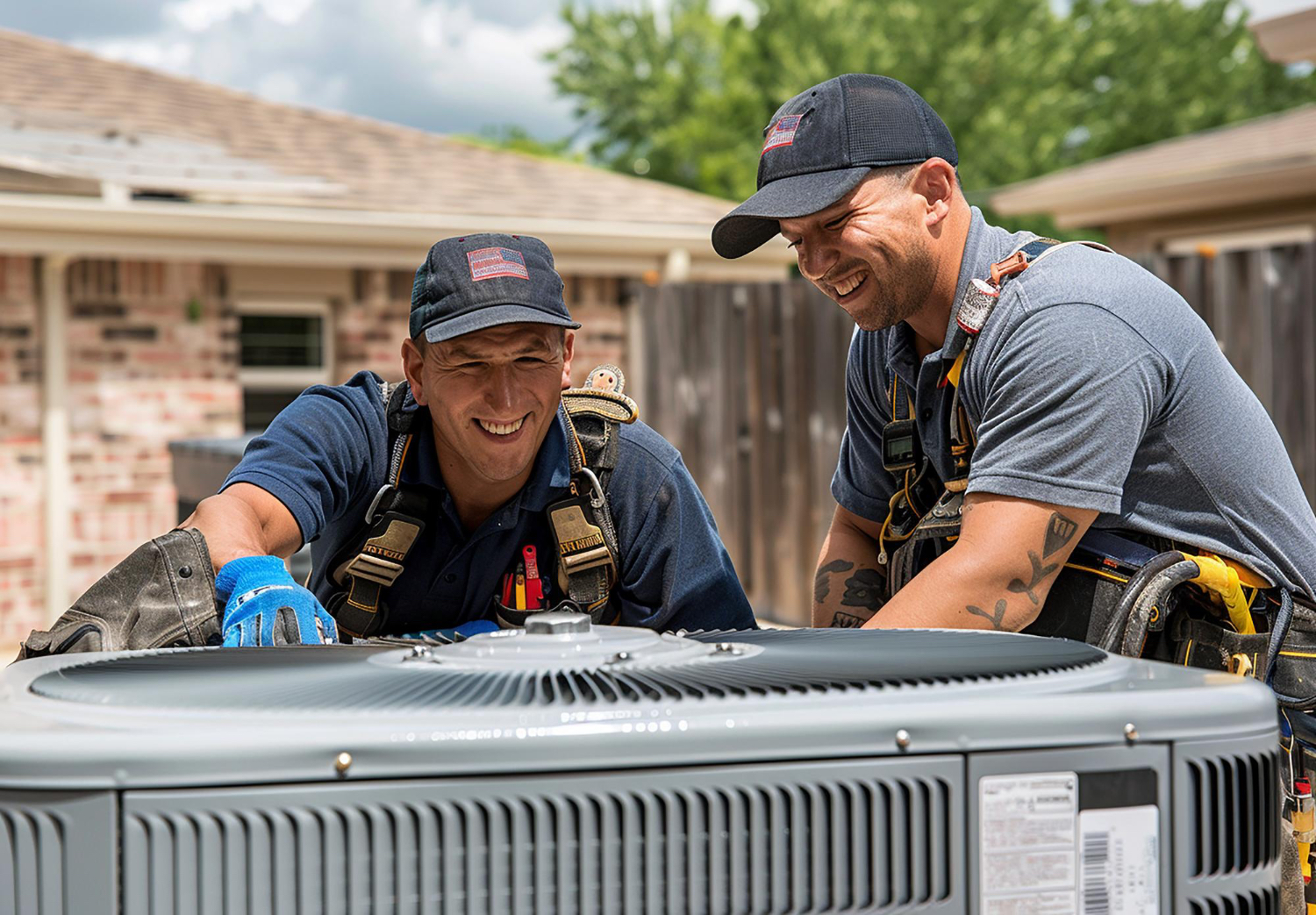Is It Time to Replace Your Home’s Air Conditioning System? Here Are the Top 3 Things to Consider
As the summer heat bears down, ensuring your home remains a cool sanctuary is essential. Your air conditioning system is the cornerstone of this comfort, but how do you know when it’s time to replace it? At Solid As A Rock A/C and Heating, we understand that this decision can be daunting. To help, we’ve outlined the top three factors you should consider when deciding whether to replace your air conditioning system.
1. Age of the System
One of the most significant indicators that it might be time to replace your air conditioning system is its age. Most air conditioning units are designed to last about 10 to 15 years with proper maintenance. After this period, even the best-maintained systems can start to decline in efficiency and performance.
- Efficiency Decline: Over time, wear and tear on the system’s components can reduce its ability to cool your home effectively. This not only makes your living space less comfortable but also causes the unit to work harder, leading to increased energy consumption and higher utility bills.
- Technological Advancements: Air conditioning technology has advanced significantly over the past decade. Newer models are more energy-efficient and environmentally friendly, often equipped with features like variable speed compressors, smart thermostats, and improved air filtration systems. Investing in a modern unit can lead to substantial long-term savings and a smaller carbon footprint.
- Frequent Repairs: If your aging system requires frequent repairs, these costs can quickly add up. In many cases, it’s more economical to invest in a new system rather than continually patching up an old one. A new unit will come with a warranty, providing peace of mind and reducing the likelihood of unexpected repair costs.
2. Performance and Comfort Issues
Another critical factor to consider is the overall performance of your current air conditioning system. Pay attention to signs that your system is struggling to keep your home comfortable.
- Inconsistent Temperatures: If you notice that some rooms are significantly cooler or warmer than others, this could be a sign that your system is no longer distributing air evenly. This can be due to aging ductwork, failing components, or an undersized system.
- Humidity Problems: An effective air conditioning system should regulate humidity levels in your home. If you find that your home feels sticky or damp, it may indicate that your system is no longer capable of maintaining proper humidity control. Excess humidity can also lead to other issues like mold growth and poor indoor air quality.
- Noisy Operation: Unusual noises such as grinding, squealing, or banging coming from your air conditioning unit are not only annoying but can also indicate serious mechanical issues. These noises often signal that parts are wearing out and may soon fail completely.
3. Energy Efficiency and Utility Costs
Energy efficiency is a crucial consideration in today’s environmentally conscious world. An inefficient air conditioning system can lead to high energy bills and unnecessary strain on the environment.
Energy Audits: Conducting an energy audit can provide valuable insights into how much energy your current system is consuming and identify areas for improvement. Many utility companies offer free or low-cost energy audits to help homeowners make informed decisions about upgrading their HVAC systems.
Rising Energy Bills: If you’ve noticed a steady increase in your energy bills without a corresponding increase in usage, your air conditioning system could be to blame. Older units, especially those over a decade old, typically have lower SEER (Seasonal Energy Efficiency Ratio) ratings compared to newer models. Upgrading to a high-efficiency unit can significantly reduce your monthly energy costs.
Environmental Impact: Modern air conditioning systems are designed to be more environmentally friendly, using refrigerants that have a lower impact on the ozone layer. Replacing an old unit with a new, eco-friendly model can help reduce your household’s carbon footprint.
Conclusion
Deciding to replace your home’s air conditioning system is a significant investment, but it’s one that can enhance your comfort, save you money, and benefit the environment. By considering the age of your system, its performance and comfort issues, and its energy efficiency, you can make an informed decision that best suits your needs. At Solid As A Rock A/C and Heating, we’re here to assist you with expert advice and high-quality service to ensure your home stays cool and comfortable for years to come.

